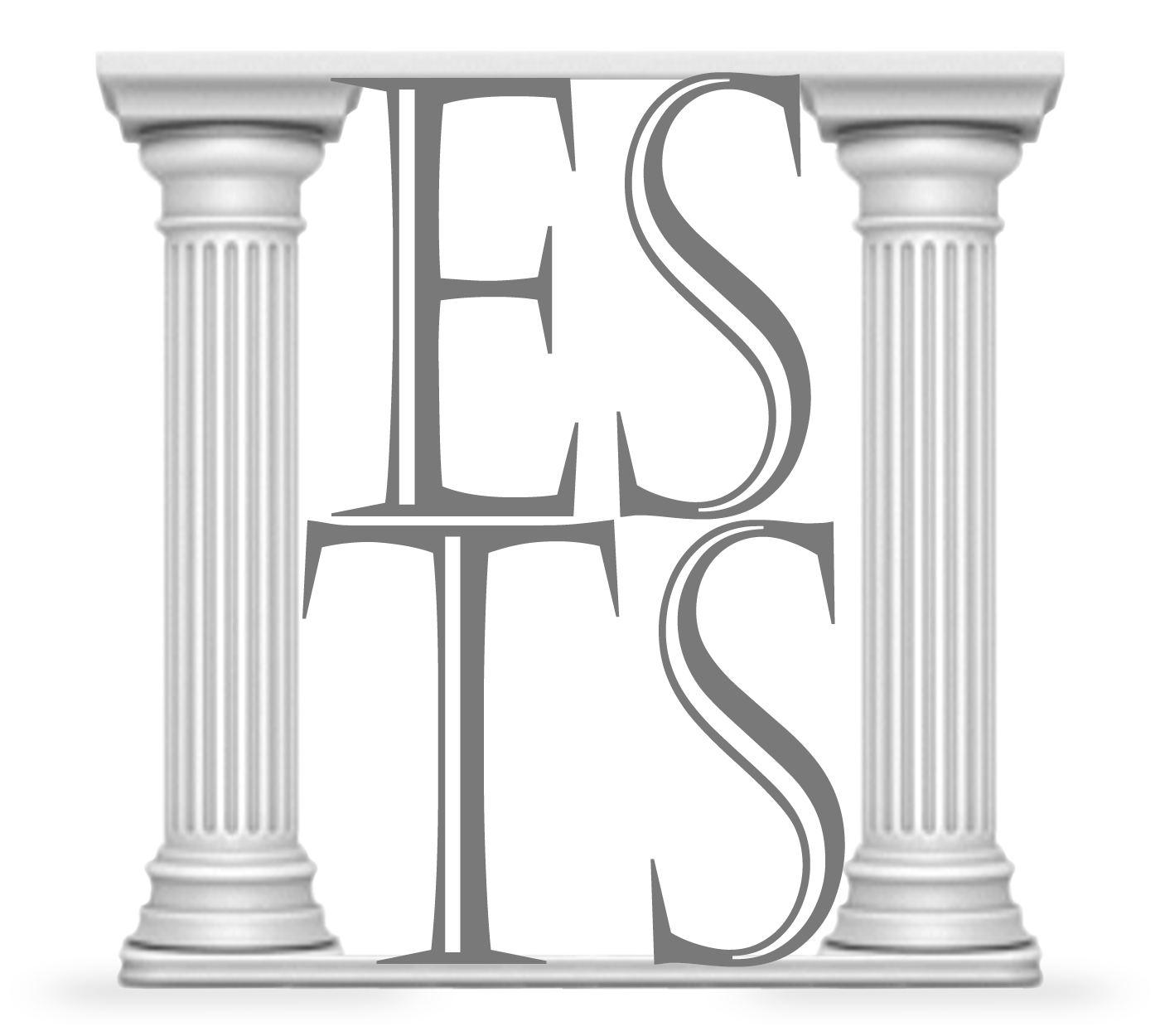No matter what you label them (Just a few examples from companies I’ve worked for – Recruitment Strategy Meeting, Intake Meeting, Kickoff meeting), the initial meeting between recruiter and hiring manager (HM) to start a search may be the most important conversation of the entire recruiting process. Why? Because everything that happens (or does not happen!) afterwards is affected. Yet, many recruiters forgo this meeting or do not gather enough information to make it worthwhile. Let’s review why this meeting is so important and what information is valuable to gather.
Importance of Intake Meeting
- Time limitations – While HMs understand the importance of making great hires, they often do not want to spend the required amount of time to do the process right. That is why every minute spent with the hiring manager should be used to its fullest. Getting managers in the habit of conducting intake meetings means the recruiter has dedicated time to cover a variety of topics and get the search off to a great start.
- Alignment – One of the biggest frustrations of a recruiter is finding a great candidate that matches all the specifications only to see them rejected by the HM. Even with well-conducted intake meetings this still happens but, without absolute alignment as to what the HM is looking for, a recruiter is setting themselves up for rework, delays, and/or duplication of efforts.
- Education – As mentioned above, HMs generally do not want to recruit because it takes them away from their normal responsibilities. Most managers (ignore high volume hires or other situations where recruiting is a greater part of the manager’s job), hire infrequently and therefore don’t entirely remember the recruiting process the next time they have an opening. The intake meeting is the perfect time for recruiters to re-educate managers and guide them on the activities they can take to assist in the process.
- Commitment – Meeting before the process starts gives recruiters opportunities to gain commitments from HM and to remind them of those commitments if things get off track down the road.
With managers time and focus on their business duties, the intake meeting provides the recruiter a perfect opportunity to gain the manager’s full focus on the job search.
Information to Gather
The hiring manager intake meeting is the cornerstone of any successful recruitment campaign. It’s the crucial first step where recruiters gather the essential information needed to understand the role, identify ideal candidates, and ultimately fill the position. Some key points to cover during the intake meeting:
Job Description Deep Dive
Responsibilities: Go beyond the basic job description. Understand the day-to-day tasks, key performance indicators (KPIs), and the level of autonomy expected.
Must-haves: Identify the absolute non-negotiable skills and experience. Test these – “So if a candidate only has 5 years of experience, would you consider them?”
Nice-to-haves: Explore preferred skills, certifications, or educational backgrounds that would be advantageous but not deal-breakers. Test these – “So if a candidate has none of these but all the must-haves, you will consider them?”
Growth Potential: Discuss career paths within the role and the company’s potential for internal mobility. This is valuable information for the recruiter to share with prospects.
Team Dynamics
Team Structure: Understand the team size, reporting lines, and the overall team culture. Also, geography may be important. Will they be working beside or near people on their team?
Collaboration: Determine how the role interacts with other teams within the organization.
Management Style: Inquire about the hiring manager’s preferred management style, how often they interact with the team members, and expectations around communication needs.
Company Culture
Values: Understand the company’s core values and how they are reflected in the day-to-day work environment. Make sure the manager can articulate this consistently (candidates that hear multiple versions question whether there is a strong culture).
Benefits: While the recruiter usually has a better understanding of benefits/perks, understand what the manager knows and recommend HM deflects these conversation back to recruiter if needed.
Ideal Candidate
Personality Traits: While it’s rare to find the perfect candidate, recruiters can explore the ideal candidate’s personality traits (e.g., proactive, collaborative, results-oriented).
Cultural Fit: Discuss how the ideal candidate will fit within the existing team culture.
Red Flags: Identify any potential red flags that would disqualify a candidate, including any experience, companies, etc. which may make a candidate less desirable
Hiring Timeline
Urgency: Determine the urgency of the hire and any hard deadlines for filling the position. The recruiter should help create a full timeline including a list of interviewers and the order preferred for them to meet candidates.
Budget: Understand the salary range and any other compensation considerations. This information may need to be gathered from other sources but it is a good idea to understand what the HM believes is reasonable.

ES Talent Solutions offers recruiter training focused on Intake Meetings and how to leverage them to find and hire exceptional talent
After the Intake Meeting
HMs often want to turn directly to headhunters to fill their roles before the internal recruiting team does any work at all. This is because they perceive external recruiters as experts that understand the marketplace. That very well may be the case but it’s the goal of the recruiter to be that expert. After the intake meeting, send a summary of what was covered and the commitments of both sides. While submitting candidates for review, discuss what marketplace dynamics are going on, how much competition there is for the same profiles, and what adjustments to the search will increase the talent pool. Over time, managers will respect this information and seek out the recruiting team for advice, not just resumes.
If you would like to discover more about this topic, read RecruitCRM’s Intake Meetings – Recruiters Here’s ALL you need to know. or Career Puck’s Talent Intake Meetings: The Secret to Hiring Top Talent.
For a free conversational diagnostic of your recruiting ecosystem, contact Eddie at estewart@estalentsolutions.com. In a few short minutes, you could receive practical tips to improve the efficiency of your hiring process.




0 Comments
Optimizing Your Corporate Goals: A Personal Wellness Guide for 2026 (Part 1)
When planning for 2026, don't forget to include personal wellness goals in your plan
Client Dilemma – The Case of the Missing Talent
A mysterious client asks ESTS to solve a common recruiting issue
Is December a Good Hiring Month?
While some believe December is a slow hiring month, there are advantages to keeping your interviewing active during the holidays.